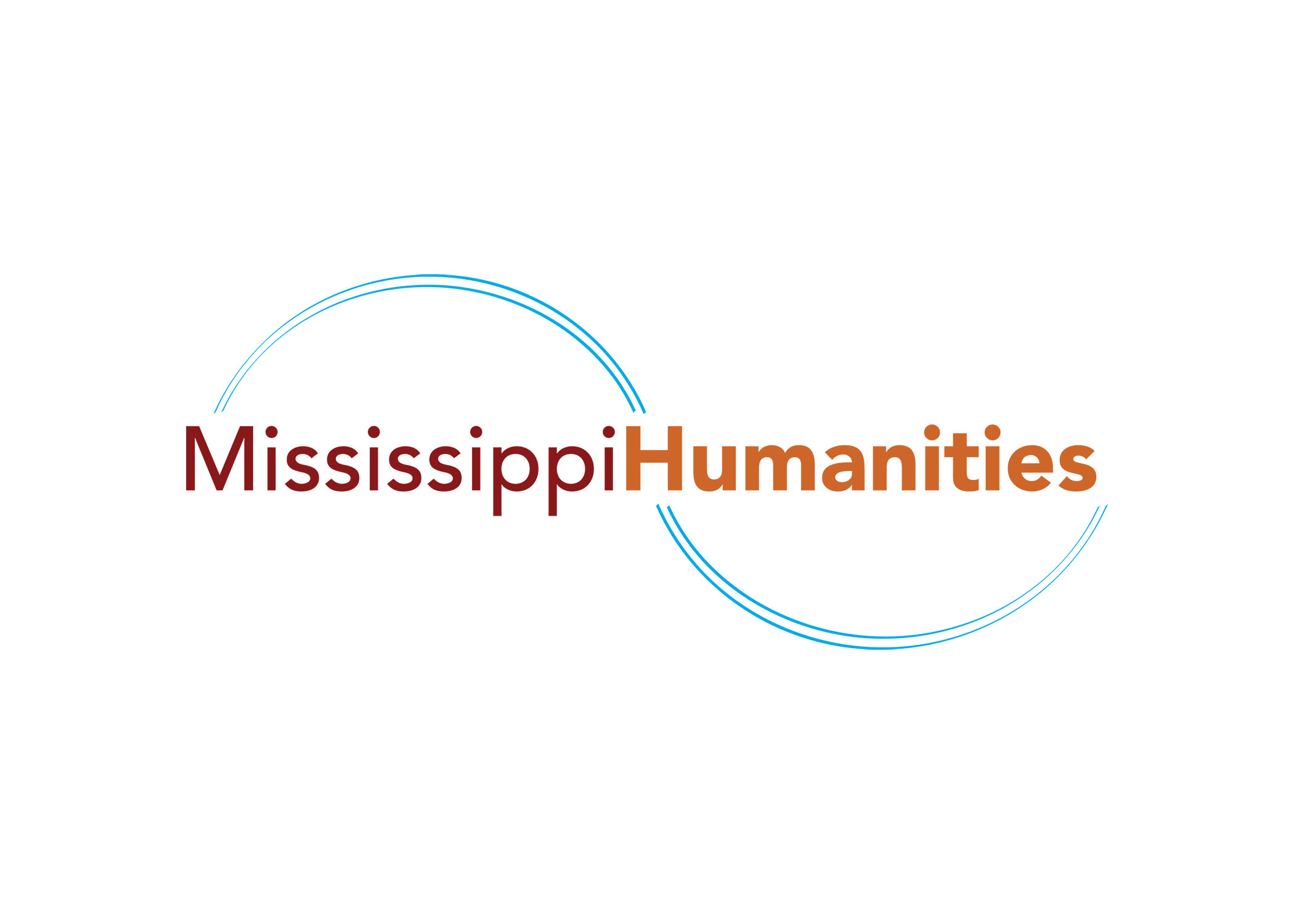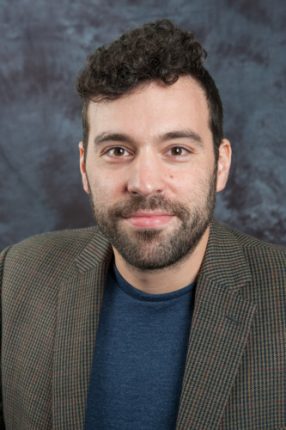
JACKSON, Miss.—Two Delta State University faculty members will be recognized during the Mississippi Humanities Council’s 2021 Public Humanities Awards virtual ceremony, designed to recognize outstanding work by Mississippians in bringing the insights of the humanities to public audiences.
This year’s awards event will stream over the Humanities Council’s Facebook and YouTube channels at 7 p.m. Friday, March 26..
Among those who will be recognized are recipients of the 2020 and 2021 Humanities Teacher Awards, which pay tribute to outstanding faculty in traditional humanities fields at each of our state’s institutions of higher learning.
Delta States’ recipients are Associate Professor of Art Michael Stanley (2020 honoree), and Assistant Professor of History and Director of DSU’s Madison Center for the Study of Early American Republic Dr. Andrew Wegmann (2021 honoree).

Michael Stanley
“Although the 2020-2021 school year came with its own new set of challenges, humanities faculty at Mississippi’s colleges and universities continue to engage in significant work in their classrooms (or home offices), nurturing students’ capacity to think critically and creatively, to evaluate points of view, synthesize information and weigh evidence,” noted MHC Executive Director Dr. Stuart Rockoff.
According to the Humanities Council, each recipient prepares and delivers a public lecture (either in-person or virtually) on a humanities subject prior to the awards celebration March 26.
A full list of teacher awardees and their presentations is available on the MHC website.

Dr. Andrew Wegmann
In addition to the Humanities Teacher Awards, several other humanities honorees will be recognized:
Cora Norman Award: Former Mississippi and U.S. Poet Laureate Natasha Trethewey, in recognition of her distinguished career as a poet and writer. A native of Gulfport, Trethewey is the author of five collections of poetry, including the Pulitzer Prize-winning Native Guard and the nonfiction book Beyond Katrina: A Meditation on the Mississippi Gulf Coast.
Humanities Scholar Award: Dr. James Giesen, associate professor of history at Mississippi State University, for his work as the official scholar for the Mississippi tour of the Smithsonian Institution exhibit, “Waterways.”
Humanities Partner Award: The Mississippi Book Festival for becoming the state’s preeminent literary event, fostering a love of reading among Mississippians young and old, and enriching the cultural life of our state.
Humanities Educator: Marta Smally for her work leading a bilingual family reading program at the public library in Horn Lake. As the co-organizer and discussion leader for the Luciérnagas reading program, Smally engages families in meaningful discussions about their lives, inspiring them to take pride in their cultural heritage while helping them feel connected to their new community.
Preserver of Mississippi Culture: Hawkins vs. Town of Shaw Project, which produced a play and a series of historical markers telling the story of a local freedom movement in the Mississippi Delta that culminated in a groundbreaking federal civil rights case.
“This year’s winners reflect Mississippians’ thirst for the humanities. The humanities can empower communities to preserve and share their important stories, help us understand the experiences of others, and enable us to put our own lives into a larger context,” said Rockoff. “Each winner is a wonderful example of our belief that the humanities are for everyone.”
The Council invites everyone to tune into the 2021 Public Humanities Awards ceremony, which will be streaming on Facebook and YouTube, starting March 26, 2021, at 7 p.m. Thanks to support from major sponsors BancorpSouth, Sanderson Farms, Trustmark, and the Eudora Welty Foundation, the event is free to stream, though viewers are encouraged to make a donation to support the work of the Mississippi Humanities Council.
The Mississippi Humanities Council is funded by Congress through the National Endowment for the Humanities to provide public programs in traditional liberal arts disciplines to serve nonprofit groups in Mississippi. The MHC creates opportunities for Mississippians to learn about themselves and the larger world and enriches communities through civil conversations about our history and culture.

